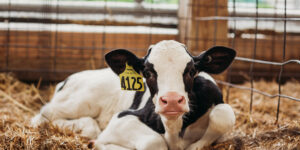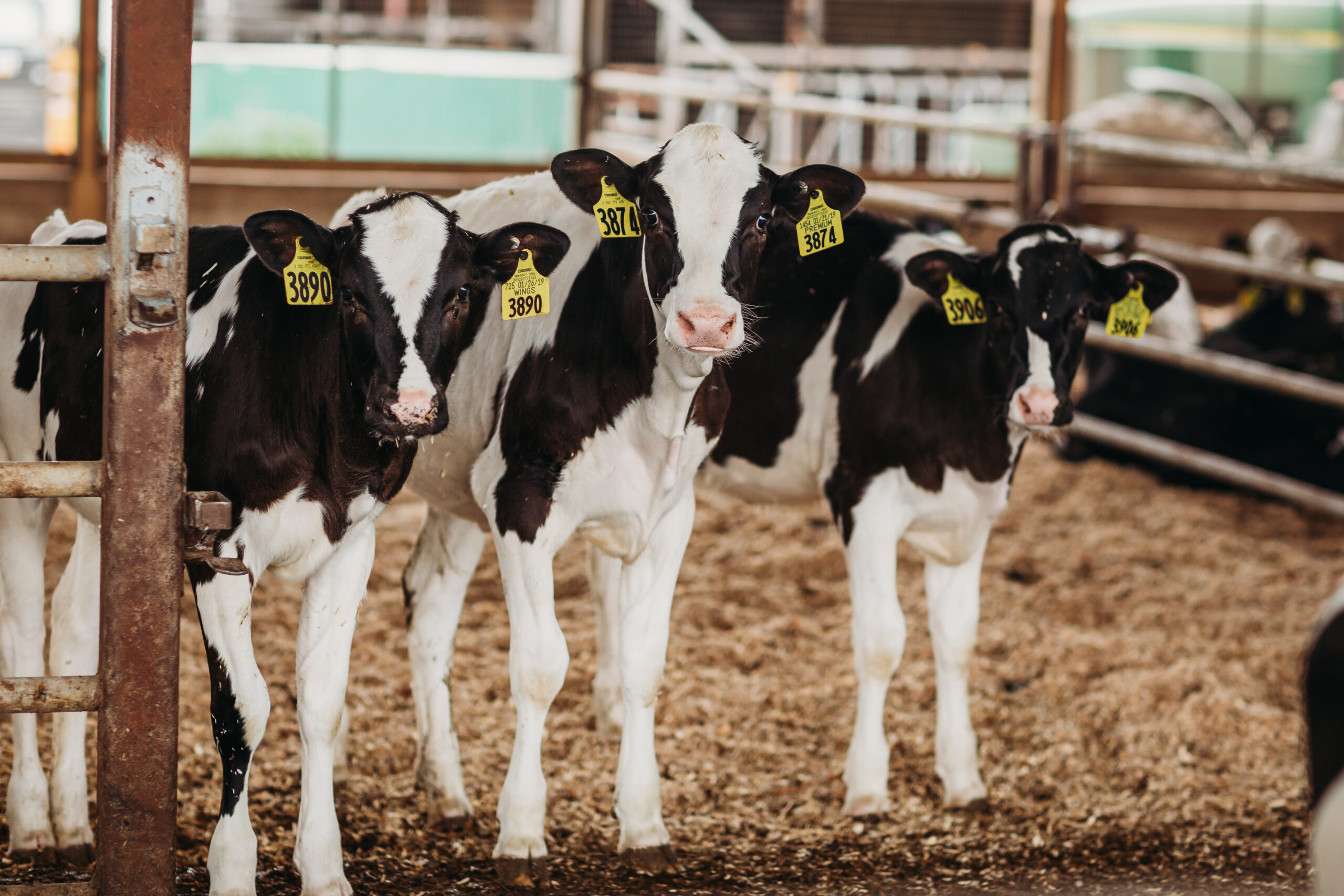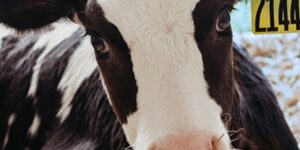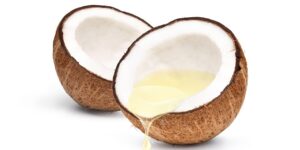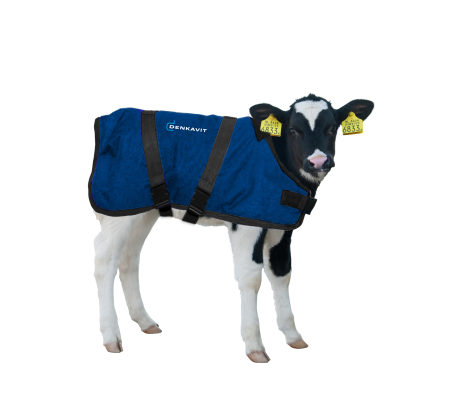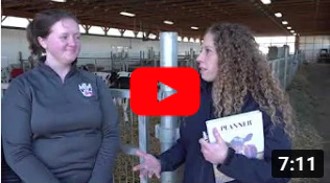Why is water so important?
For rumen development
Milk is directed to the abomasum via the esophageal groove reflex, but water goes to the rumen. Water contributes to improved starter fermentation as it takes place in the rumen. The development of rumen papillae begins as soon as the microbes in the rumen ferment starter. The earlier this development begins, the earlier the rumen (during milking period) can contribute to calf growth. Fresh and clean drinking water for the calf is important here so that microbes can “do their job” efficiently.
Increased calf grain intake and weight
Calves that drink water and calf grain from day 3 have a higher calf grain intake and grow faster. Without water, starter cannot be utilized to its full potential by the calf.
Studies have shown that dry matter intake is directly related to water intake. More than 30 years ago, Kertz et al. demonstrated the benefits of providing (free choice) water to calves during the milking period. The results? Increased (> 30%) calf grain intake and increased (> 35%) weight gain compared to calves that were not given water.
This is important because weight gain during the first two months of life (especially skeletal and muscular growth) is positively correlated with milk yield in the first lactation.
How much water and when?
Starting around Day 3
It is important to give your calves 0.5 – 1 liter of clean, fresh drinking water every day from this point on. According to research, calves receiving 4L of milk per day can absorb 1-3L of water per day during the second week after birth. We also see water intake (>0.5L/calf/day) during this period in calves drinking 6 liters of milk daily.
Older calves drink more
Calves aged 5-6 weeks can drink 4-6 liters of water in addition to 6 liters of milk per day. Calves aged 2 months sometimes drink more than 10 liters of water per day!
Hot weather? More water!
As soon as the temperature reaches 86F° or higher, water consumption can double.
Water quality is vital for young animals
Mineral content
Water analyses show that the mineral content in water can be quite high. Mineral content in water can also vary substantially, even on the same farm. Calves are more sensitive to elevated mineral concentrations than adult cattle. For example, a concentration of <800 mg/ml Na in water is fine for cows, while calves can tolerate as little as 50 mg/ml. Beware of elevated mineral levels!
Total amount of dissolved solids (TDS)
In addition, calves are also sensitive to elevated concentrations of inorganic salts such as Iron, Manganese and Sulfur.
Bacteria count
Too high a plate count is bad for health with all animals. It is extra important to offer clean drinking water for calves because they have very little resistance to bacteria.
Clean water bowls regularly
Why? It can lead to a positive effect on daily growth, both during the milking period but also after weaning. We wouldn’t want to drink dirty water and calves shouldn’t have to either.
Routine water quality testing.
Both chemical and microbial analyses are important and water quality should be checked annually. There are multiple reliable laboratories that will analyze results. Therefore, it is advisable to request a calf suitability test. The results from this test will show how your water quality stacks up to acceptable levels.
Summary
Water is the most important nutrient we can provide to our calves. We can encourage water intake in calves by providing high quality, fresh, luke warm water every single day. Consuming water is essential to grow a healthy calf!



